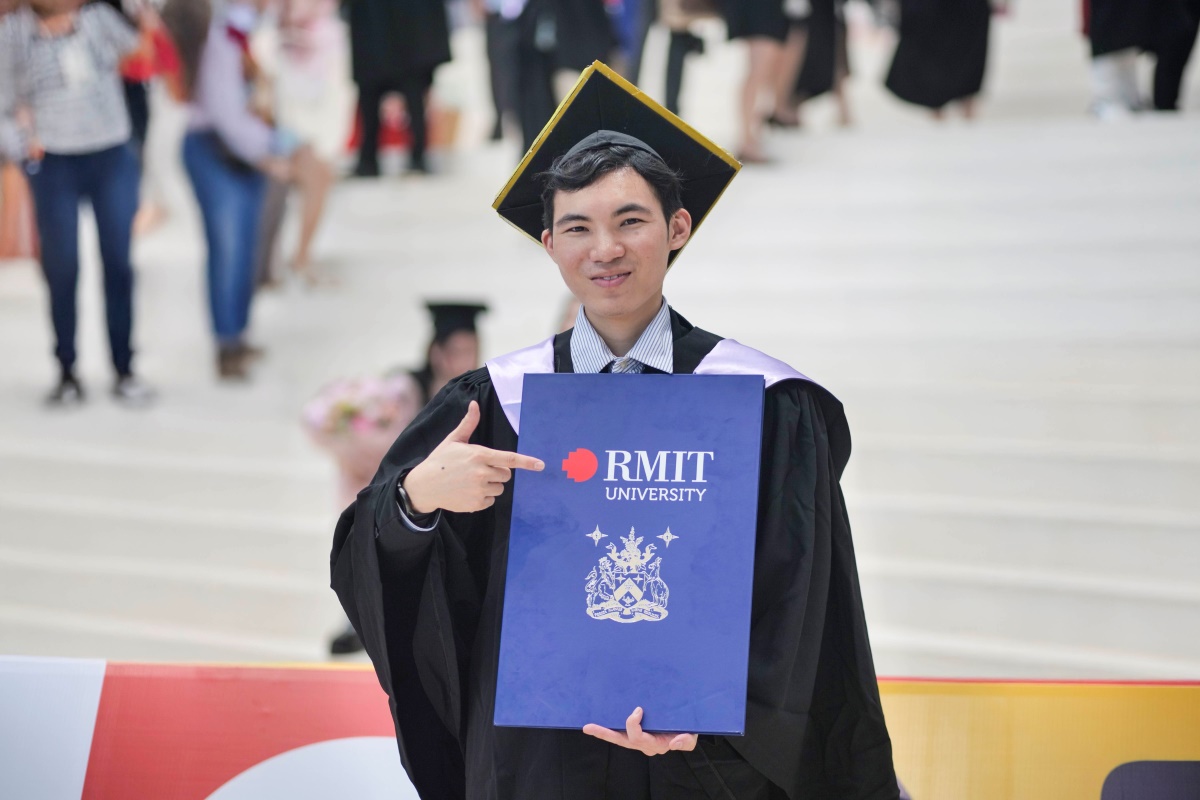The strategic transformation of HR
The role of HR has dramatically expanded beyond contract management and compensation. Modern HR departments are now strategic partners that create and implement policies aligned with company goals, while simultaneously crafting an employer brand that attracts and retains top talent. This nuanced approach goes beyond transactional interactions, focusing instead on creating meaningful workplace experiences.
The creation of positive workplace experiences for employer branding is in sync with the growing utilisation of social media and digital platforms in which employees share their work-related moments. Job seekers now rely heavily on independent sources such as user-generated content, peer recommendations, and online narratives to form opinions about potential employers. Platforms like Instagram, with its two billion monthly active users, have become powerful tools for understanding workplace culture, often revealing insights that traditional corporate communications don’t.
At the heart of this transformation is a deep understanding of human motivation. It requires the ability to craft compelling stories in the online space that reflects employer brand from company culture, employee experiences to community involvement. In enabling brand storytelling, HR is now tasked with answering complex questions: How can companies simultaneously motivate employees, ensure productivity, and create genuine workplace happiness? This requires a sophisticated approach that recognises individual differences and organisational dynamics.
The future of workplace excellence
Optimising Industry 4.0, strategic HR as a catalyst in Vietnam can overcome the urgency and fierce competition for high quality human resources, particularly in information technology and computer engineering. Human resource management is an art of understanding, listening, and creating environments where individuals can truly thrive. It challenges the traditional narrative of HR as a compliance-driven function, reimagining it as a catalyst for organisational and personal growth.
The most successful organisations will be those that view HR not as a department, but as a strategic mindset - one that sees every employee interaction as an opportunity to build trust, inspire performance, and create meaningful work experiences.
Story: Associate Professor Elaine Chew, acting Associate Head of Department for Research in the Management Department, The Business School, RMIT Vietnam





